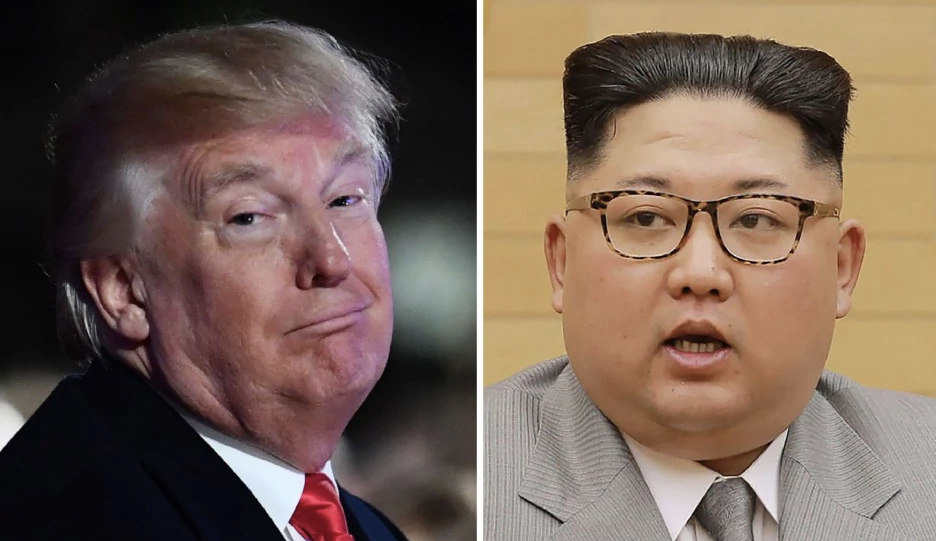Hong Seok-Hyun is the owner of JoongAng Holdings, South Korea’s largest media group. He served as President Moon Jae-in’s special envoy to the U.S. in 2017 and was the South Korean ambassador to the U.S. in 2005.
SEOUL — South Korea’s late president Kim Dae Jung once told me a story about what former North Korean leader Kim Jong Il said to him at the first ever inter-Korean summit, in 2000 in Pyongyang. Kim Jong Il had said, “My father, Kim Il Sung, told me time and time again that China has two pockets and that I must always be careful of that. But I think otherwise. China doesn’t have two pockets — it has at least 10. Even if North and South Korea are unified, I agree with you [President Kim Dae Jung] that the U.S. Forces Korea should remain.”
During the Korean War, China helped North Korea fight against the U.S. Yet Kim Il Sung told his son to be wary of China. Those words seem to have been handed down to Kim Il Sung’s grandson, Kim Jong Un, who has not visited China since he came to power in 2011. He has not invited Chinese President Xi Jinping to Pyongyang, and last year, he didn’t even meet with a visiting special envoy who was carrying a letter from Xi. The hostility Pyongyang feels toward Beijing for conceding to international pressure and supporting U.N. sanctions is beyond our imagination.
Now, the “Little Rocket Man” has proposed talks with the U.S., and the “Dotard” has accepted. It’s as if Kim climbed up a bungee-jumping platform first and called out to U.S. President Donald Trump, who responded with a brash “OK!”
If Trump has a shrewd eye on the chessboard, he should be able to discern North Korea’s deeply rooted anti-China sentiment. Trump should use his supposedly forthcoming meeting with Kim Jong Un as a golden opportunity to maintain U.S. influence in Northeast Asia. It’s no secret that Kim is already an avid NBA fan. Trump should embrace Kim and make him pro-American.
During the Cold War, North Korea conducted equidistant diplomacy with China and the Soviet Union, but with the fall of the Soviet Union, it became economically dependent on China. If Trump embraces North Korea and can switch Pyongyang’s economic dependence from China to the U.S., he will go down in history as the leader who dramatically improved the economic and security landscape of the region. To do so, the U.S. will need to state the “four nos”: that it will not seek a regime change or a regime collapse, will not push for speedy reunification and will not send its forces north of the 38th parallel.
Beyond a political pledge, the U.S. must also make a dramatic offer that sets out an economic vision for North Korea. Should Kim Jong Un be convinced to become pro-American, Trump could see a Trump Tower go up in Pyongyang during his lifetime.
Kim Jong Un must seize this opening to make North Korea a normal country by counting on Trump’s business-minded disposition and Moon’s dedication to improving inter-Korean ties. There is no room for Trump or Kim to fail in the upcoming summit. Success is not a choice but a necessity. If the talks fail, the Korean Peninsula and Northeast Asia could regress into a situation much more precarious than before. I hope the two leaders will put faith in the other’s urgency and have the courage to make the bungee jump together. If all goes well, who knows, it could result in a three-way Trump-Moon-Kim Nobel Peace Prize.
This was produced by The WorldPost, a partnership of the Berggruen Institute and The Washington Post.





